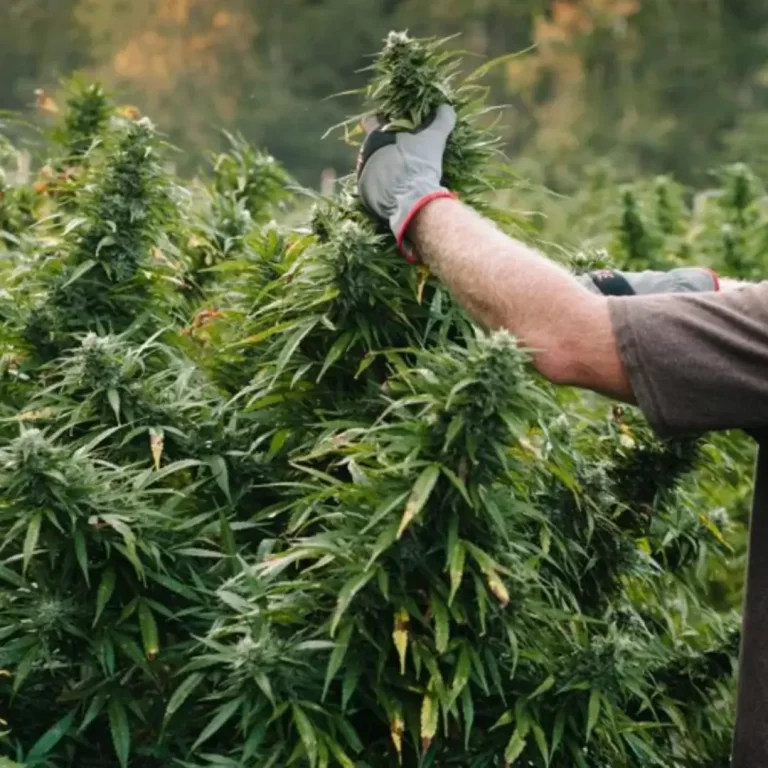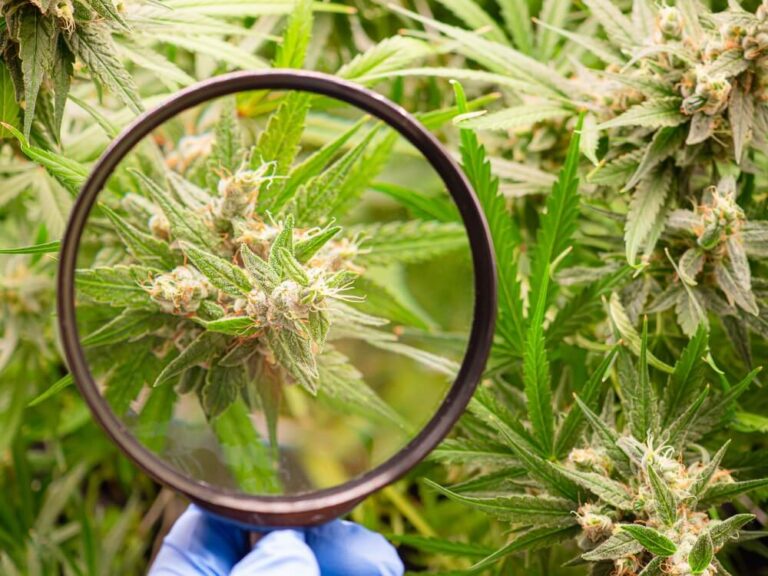
Columbia Considers Bid to Legalize Marijuana
- Cannabis News
- Cannabutter Digest
Columbia has a drug problem. At least, that is the image the country has long portrayed to the rest of the world. Columbia has commonly been cited as the epicenter of the illegal drug trade. Today, the country is taking steps to move in a new direction by attempting to abandon its failed drug prohibition and legalize cannabis.
A measure seeking to legalize cannabis use in the country has passed the Chamber of Representatives and now heads to the Senate. Advocates of the bill say it is time to rehabilitate Columbia’s image in the eyes of its people and on the world stage by taking a more progressive approach to drugs. However, success in the Senate stands on a razor’s edge and may mean convincing some Columbian senators that the bill can address underage use and regulation concerns.
Columbia’s Dark Drug History
Unfortunately, Columbia has a long and dark history of illicit drug use and trafficking. For decades Columbia has been home to some of the most sophisticated and dangerous drug traffickers in the world. In the 1970s, traffickers started cultivating and exporting marijuana to the United States and other countries.
As the drug trade thrived and cartels made more money, there was a shift. The 1980s ushered in a new era of drug trafficking, and demand for cocaine skyrocketed. At first, traffickers experimented with sending small quantities of cocaine to the U.S., often hidden in suitcases. At the time, cocaine could be processed in Columbian jungle labs for around $1500/kilo. That same cocaine could fetch close to $50,000/kilo in America. Realizing the earning potential of the illegal drug trade, cartels set up shop in Columbia, raking in millions while sowing the seeds of fear in local communities.
Some of the most violent and sophisticated drug trafficking cartels, like the Medellin Cartel and the Cali Cartel, made Columbia their home. The violence of these groups infected nearly all aspects of Columbia society as drug lords gained power and political influence in the country. The influx of money coming into many of these cartels was so great they could bribe their way out of practically any situation. Their vast sums of cash also meant they could make political contributions and influence policy in their favor.
Unfortunately, when money didn’t talk, violence did. Threats and targeted killings decimated both rural and civilian populations. If you didn’t take the cartels seriously, they sent a message. The Medellin Cartel ended up waging war on the Columbian government, killing hundreds of judges, police, journalists, and public figures.
A Change in Direction
To rehabilitate their image and protect the public, Columbia attempted to crack down on drugs. In the late 1990s, Columbia and the U.S. tried to fight back against the cartels, using aerial fumigation of herbicides to attempt to destroy coca plants and disrupt cocaine production. However, most of the government’s tactics proved ineffective, forcing cartels to innovate and further intensifying the drug war in Columbia.
In 2018, the government further attempted to prohibit drug use and sales, banning people from carrying even small amounts of marijuana and cocaine in public. Then Columbian President Ivan Duque signed a measure enabling police to search people and confiscate any drugs found.
Today, current President Gustavo Petro, a progressive who strongly advocates for ending drug criminalization, calls Columbia’s attempts to fight and prohibit drugs in the country a failure. He says he embraces reform, calling the war on drugs ineffective and counterproductive. He hopes that by attempting to legalize cannabis in Columbia, the country can regulate the cultivation and fundamentally change its approach to drug policy.
Justice Minister Néstor Osuna echoes these sentiments, saying that Columbia has been the site of “a failed war that was designed 50 years ago and, due to absurd prohibitionism, has brought us a lot of blood, armed conflict, mafias, and crime.”
Juan Carlos Losada, the bill’s sponsor, says that as an epicenter of the illegal drug trade, Columbia can forge a new way forward, showing Latin America and other countries that regulation is a better path. He also contends that prevention should be a public health matter, not necessarily punitive.
The Future of Legalized Cannabis in Columbia
The bill to legalize marijuana in Columbia passed the Chamber of Representatives in a 98 to 57 vote. The bill would amend the country’s constitution and legalize cannabis for personal use and possession. The legislation would also bar people from consuming cannabis in public or near schools.
The measure now heads to a Senate committee, then to the full Senate for a vote. Although many supporters believe now is the time for such legislation, with an influx of progressive lawmakers in Congress and the support of progressive President Gustavo Petro, the bill still faces an uphill battle. The measure needs a two-thirds majority to pass in the Senate. That may mean flipping at least three Senators who have voted no to legalizing marijuana in the past. These individuals claim they are concerned about underage use and how to regulate and tax the drug.
Advocates are optimistic about the measure’s chances in the Senate and say they are confident they can persuade Senate members that the measure is best for Columbia.
This new measure is the closest that Columbia has ever come to passing legislation designed to legalize cannabis in the country. There have been at least three previous failed attempts to legalize the substance since 2018. If successful, Columbia would join Uruguay as one of the Latin American countries that have legalized cannabis.
Today, advocates and supporters remain hopeful that Columbia can move drug policy in a more progressive direction, showing that responsible regulation is more potent than a full-on drug war. Some Columbian lawmakers call their efforts drug policy reflection on a global scale.
More regional and international cannabis news is available at Cannabutter Digest. Cannabutter Digest gives you access to up-to-date news, flavorful recipes, and helpful product reviews. Bookmark Cannabutter Digest and get all your cannabis information in one easy-to-navigate place.






